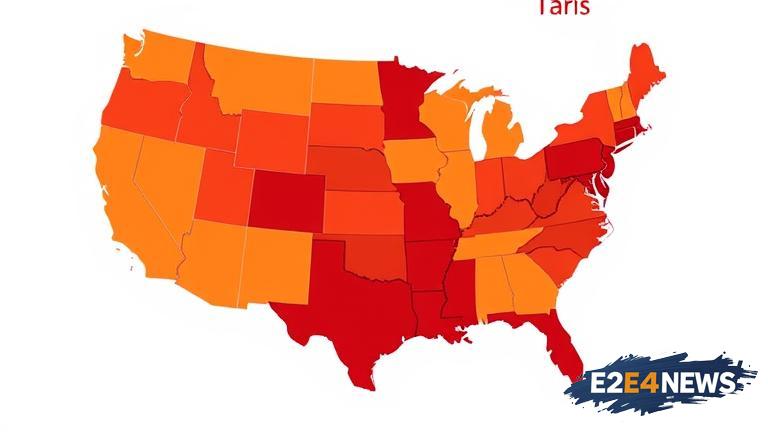A comprehensive study has ranked Illinois as the top state for social media obsession, with residents spending an average of 2 hours and 45 minutes per day on social media platforms. This staggering statistic has raised eyebrows among experts, who warn about the potential consequences of excessive social media use on mental health and productivity. The study, which analyzed data from over 1,000 participants, found that Illinoisans are more likely to use social media for extended periods, often at the expense of other activities such as exercise, reading, or spending time with family and friends. The reasons behind this obsession are multifaceted, with some attributing it to the state’s high population density and urbanization, which can lead to feelings of isolation and disconnection. Others point to the widespread availability of high-speed internet and the proliferation of smartphones, making it easier for people to access social media anywhere, anytime. The study also found that social media use is not limited to personal time, with many Illinoisans using social media during work hours, which can negatively impact productivity and job performance. Furthermore, excessive social media use has been linked to increased stress levels, anxiety, and depression, highlighting the need for individuals to establish a healthy balance between their online and offline lives. In addition to the individual consequences, the study’s findings also have implications for businesses and organizations, which may need to reassess their social media strategies and policies to mitigate the negative effects of excessive social media use. The study’s authors recommend that individuals set boundaries and limits on their social media use, engage in offline activities, and prioritize face-to-face interactions to maintain a healthy and balanced lifestyle. They also suggest that employers and educators promote digital literacy and responsible social media use, and provide resources and support for individuals struggling with social media addiction. As the most social media-obsessed state, Illinois can serve as a case study for the rest of the country, highlighting the importance of addressing this issue and promoting healthy social media habits. The study’s findings have sparked a debate about the role of social media in modern life, with some arguing that it has become an essential tool for communication and connection, while others see it as a distraction and a threat to mental health. Ultimately, the key to a healthy social media habit lies in finding a balance between online and offline activities, and being mindful of the potential consequences of excessive social media use. By acknowledging the risks and taking steps to mitigate them, individuals and communities can harness the benefits of social media while minimizing its negative effects. The study’s results have significant implications for policymakers, who may need to consider regulations and initiatives to promote responsible social media use and protect public health. Moreover, the findings highlight the need for further research into the effects of social media on mental health and productivity, as well as the development of effective strategies for promoting healthy social media habits. In conclusion, the study’s ranking of Illinois as the most social media-obsessed state serves as a wake-up call for individuals, communities, and policymakers to take action and address the potential consequences of excessive social media use. By working together, we can promote healthy social media habits and create a more balanced and sustainable digital landscape. The study’s authors hope that their findings will contribute to a broader conversation about the role of social media in modern life and inspire individuals to take control of their social media use. As we move forward in an increasingly digital world, it is essential that we prioritize our mental health and well-being, and recognize the importance of balance and moderation in our social media habits. The study’s results have far-reaching implications, and it is crucial that we take a proactive approach to addressing the challenges posed by social media obsession. By doing so, we can create a healthier, more sustainable, and more balanced digital environment that benefits individuals, communities, and society as a whole.





